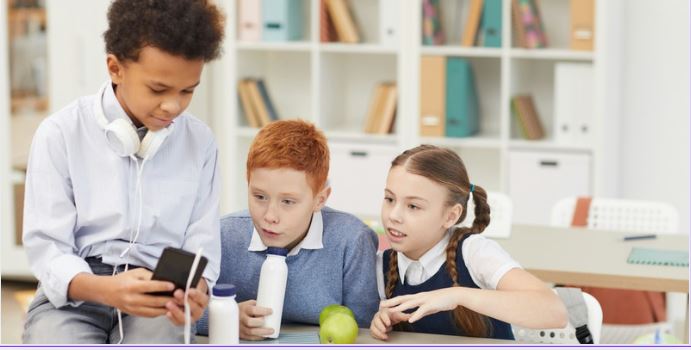As we move through May 2025, the landscape of education in the U.S. is increasingly shaped by technology, flexibility, and a focus on lifelong learning. The rapid pace of technological innovation and the evolving job market have led to a shift in how education is approached, with digital classrooms, reskilling programs, and continuous learning becoming central pillars of the educational experience.
In 2025, hybrid and online learning platforms have become mainstream, providing students with the flexibility to pursue education on their terms. Digital platforms like Coursera, edX, and Udemy offer affordable courses and certifications in a variety of fields, from artificial intelligence and data science to business management and digital marketing. These platforms cater not only to traditional students but also to professionals seeking to upskill or reskill for new career opportunities. According to the U.S. Bureau of Education Statistics, more than 25% of adult learners in 2025 are participating in online programs to advance their careers.
One of the most significant trends in 2025 is the rise of lifelong learning as an essential component of career development. As automation and AI continue to transform industries, workers must continuously update their skills to remain competitive. The U.S. government and private companies have partnered to create initiatives that provide funding for reskilling programs, offering financial support to workers in sectors like manufacturing and retail who are at risk of displacement due to automation.
At the K-12 level, digital classrooms have become the norm, with students utilizing a blend of in-person instruction and online resources to support their learning. Schools across the country have adopted platforms like Google Classroom and Microsoft Teams to deliver lessons, track progress, and facilitate collaboration. Virtual and augmented reality tools are increasingly used to create interactive learning experiences, allowing students to engage with complex concepts in ways that traditional textbooks cannot replicate. For example, students learning about history can take virtual field trips to ancient civilizations, while those studying biology can explore the human body in 3D.
Moreover, the focus on social-emotional learning (SEL) in schools has expanded significantly in 2025. With mental health challenges becoming more prevalent among students, SEL programs are now a core component of curricula, teaching students skills like empathy, resilience, and emotional regulation.
As we move forward, education in the U.S. will continue to evolve, embracing technology and flexibility to meet the needs of an ever-changing world. The rise of lifelong learning and digital classrooms is preparing the next generation for a future in which adaptability and continuous skill development are crucial to success.


